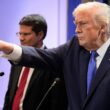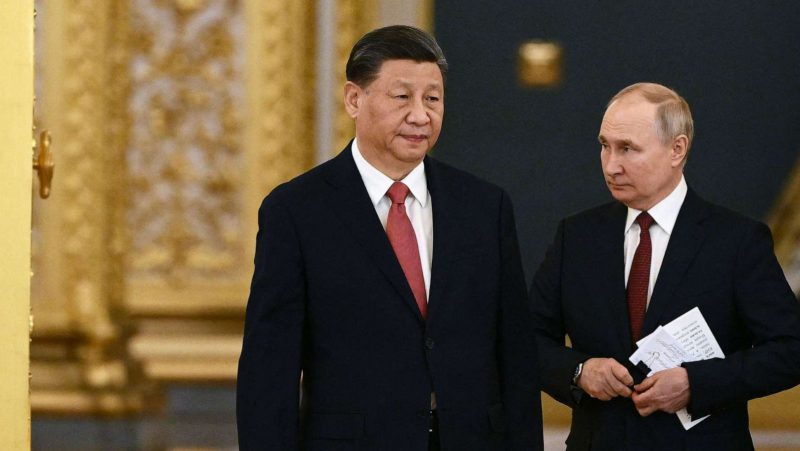The past few months have seen the economic bloc continue to grow and establish a new global power balance. Subsequently, through a myriad of factors, it is undeniable that BRICS has all but eliminated US influence in the global south. A development that has opened the door to the undeniable growth of the alliance.
Yet, the elimination of American influence was not solely a victory for the BRICS collective. Alternatively, it was the development of decades worth of resentment toward the ideals of the United States. More importantly, it was the culmination of the status quo that has long affected the region negatively.
The BRICS Movement
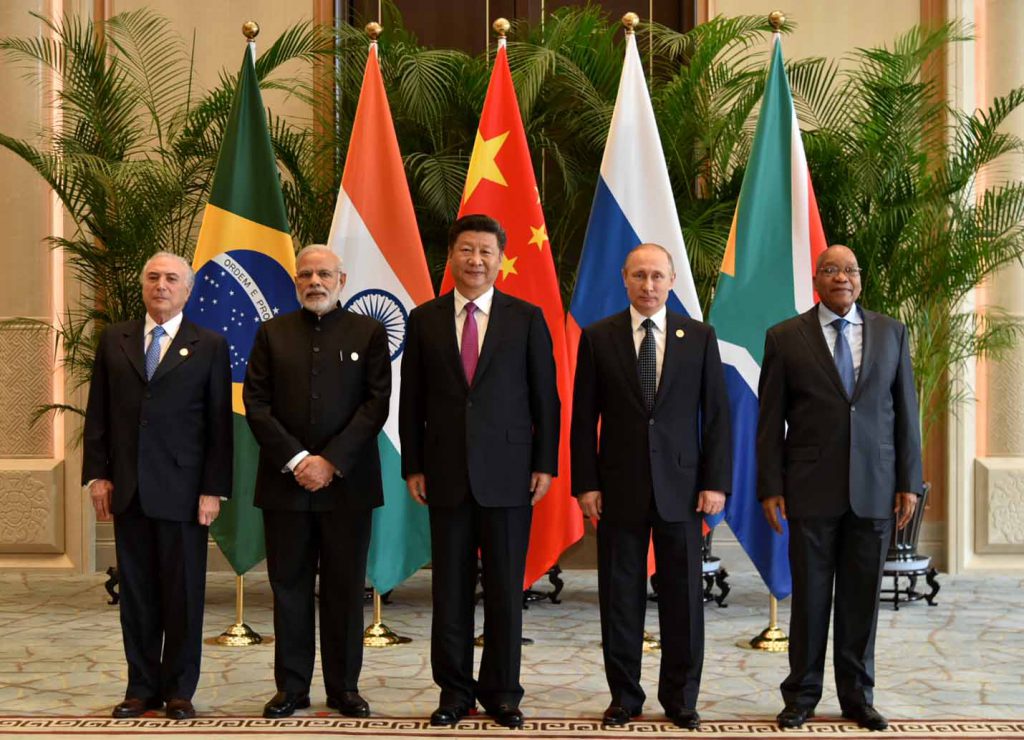

In recent statements, South African Ambassador Anil Sooklal discussed the state of the BRICS bloc. Specifically, addressing opposition to the collective. Interestingly, he stated, “BRICS is not a group of countries that is in opposition to any particular grouping.”
Additionally, Sooklal told Newsweek about the group’s desire. Noting the bloc’s hope “of reforming the global governance architecture, to make it more inclusive, more equitable, and more just and fair, which many of us continue to feel that it’s not.”
That sentiment is what has driven the expected growth of the BRICS bloc over the last several months. Indeed, it is what has driven more than 20 countries to submit their membership requests to join the bloc ahead of its annual summit. Subsequently, the opposite of ideology is how BRICS has all but eliminated the US influence on the global south.
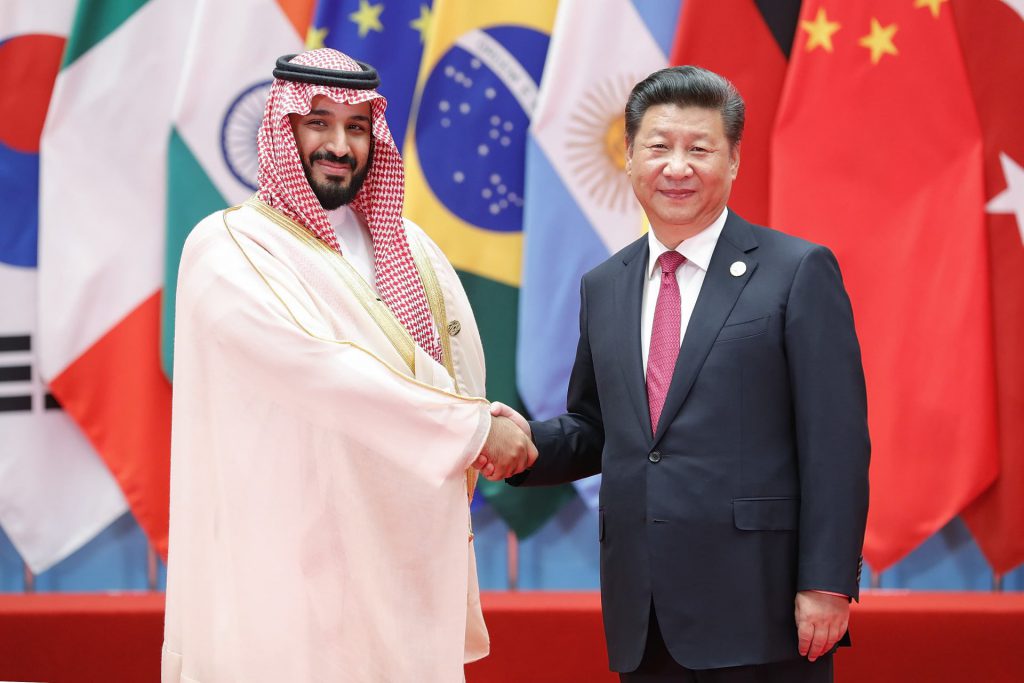

“We see an erosion of the global multilateral architecture,” Sooklal added. “Unilateral measures, unilateral sanctions becoming the norm of the day, an uneven global architecture, and countries wanting to have a greater say in terms of how the new evolving global order pans out.”
Conclusively, Sooklal noted these factors as attracting “countries from the global south who increasingly want to identify with the BRICS group.” Additionally, noting, “the attractiveness of BRIS is that it articulates the challenges that countries from the Global South continue to face in a very unequal world. A world that vastly changed over the last 80 years since the founding of the U.N. System.”
Alternatively, the Secretary General of the India-China Economic and Cultural Council, Mohammed Aqib, adds another interesting aspect. Specifically, he told Newsweek that it is less about the potential that makes the bloc attractive. Instead, it is an ultimate goal.
“It is the quest for multilateralism stand breaking the hegemony of the West which is driving countries to join BRICS.”
The US Role
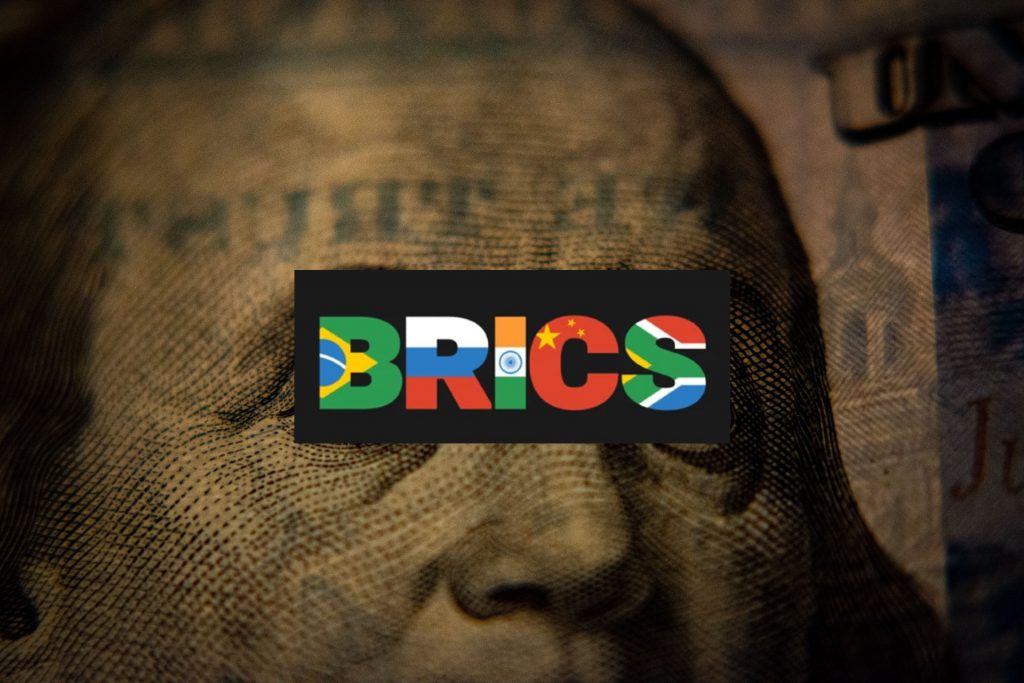

Indeed, the growth of BRICS and the elimination of US influence on the Global South are byproducts of efforts from countries like Russia, India, and China. However, it is also a byproduct of decades worth of actions taken by the United States.
Amid the battle for international influence, Saqib stated that “the USA is turning BRICS into a geopolitical tool to contain China, coercing, coaxing, and threatening countries to somehow fail BRICS.” Subsequently, this perspective has driven the growth of the BRICS. As many have observed its potential, they have first observed what its potential means for Western dominance.
That kind of perspective only grew with the Western sanctions placed on Russia. Specifically, this set out to once again weaponize the global finance sector. It saw the United States and its allies tell countries who they could do business with, by limiting access to the currency they controlled.
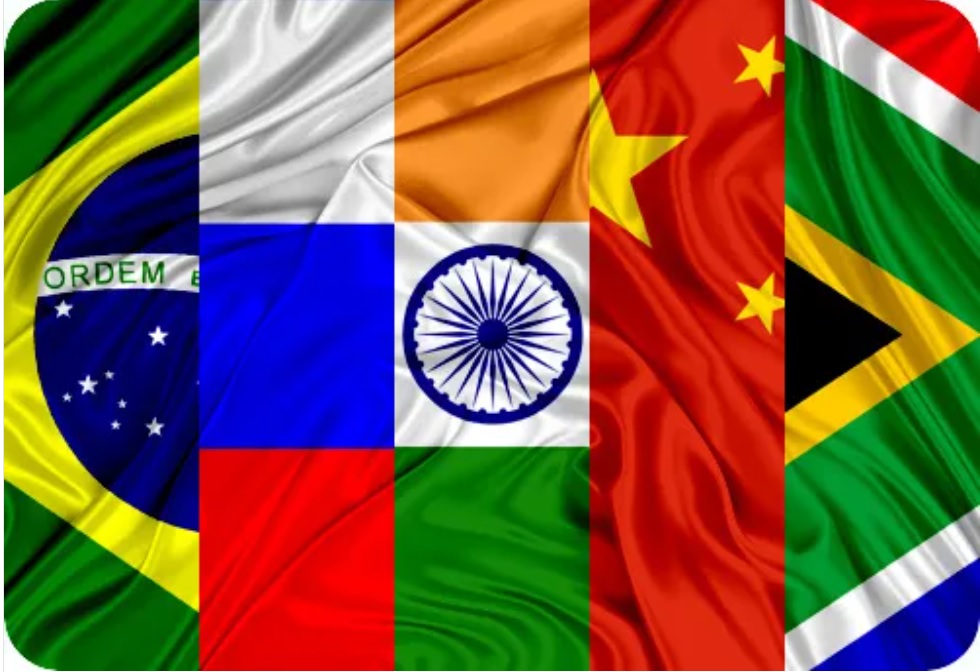

Thus, the quest for greater de-dollarization took hold. Saqib noted, “De-dollarization will save countries from currency terrorism or sanctions and also offer fair terms of trade and influence of the West.”
Interestingly, these actions are an effort to create a multipolar order. Moreover, they have created an opportunity for nations that have long felt under the heel of the West, to stand shoulder to shoulder. This quest for an equal playing field is led by the actions of Russia and China, driven by the US itself.
The upcoming BRICS summit will surely allow discussion of potential expansion and an alternative currency. It will feature more than 20 nations discussing their potential entry. And it will be another indication that the BRICS countries have driven US influence from the global south entirely. Yet, the US certainly has a part to play in that.



